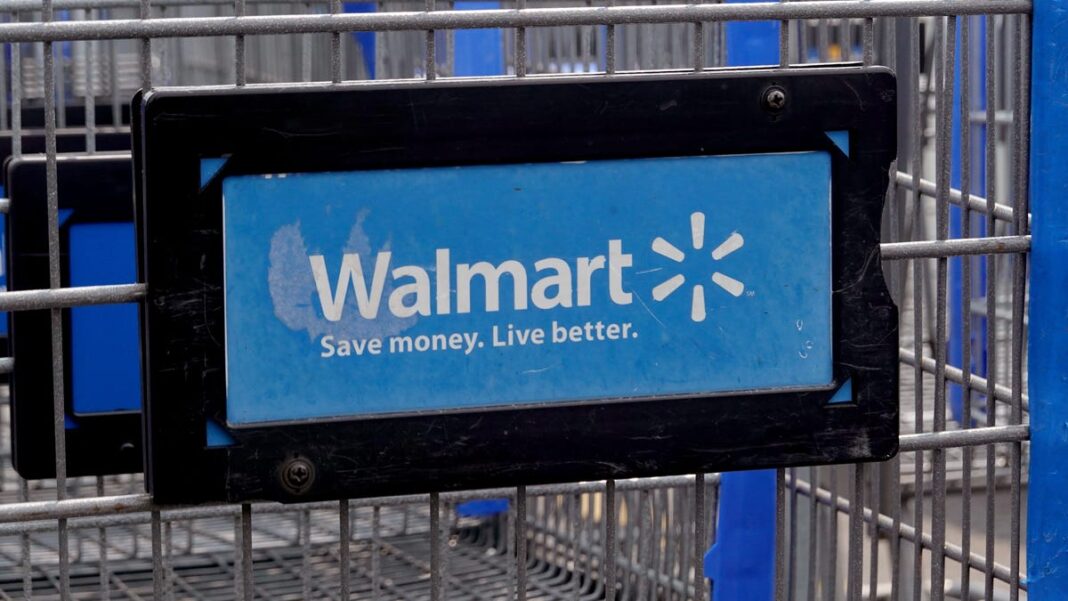Walmart, America’s Largest Private Employer, Scales Back DEI Efforts Amid Conservative Pressure
Walmart, the largest private employer in the U.S., is making notable adjustments to its diversity, equity, and inclusion (DEI) initiatives as a result of pressure from conservative activists.
The company announced it will not be renewing a racial equity center established after George Floyd’s murder in 2020, and will also withdraw from an annual benchmark index set by the Human Rights Campaign, which advocates for LGBTQ+ rights.
Robby Starbuck mentioned that he had informed Walmart previously that he was preparing a report critiquing “wokeness.” Following this, he claims the company engaged in “productive discussions” to implement changes.
“Eliminating wokeness from Walmart will influence suppliers and set a precedent for the rest of corporate America,” Starbuck told YSL News. “Transforming the operational policies at a nearly trillion-dollar company is a monumental challenge that has historically gone unachieved until now.”
Walmart also plans to scrutinize third-party products available on its marketplace for “inappropriate sexual and/or transgender items directed at children;” evaluate all Pride-related funding; and discontinue the use of the term LatinX in official communications, according to Starbuck.
The company stated that many of the changes to its DEI efforts had been in preparation for years and were not a direct response to discussions with Starbuck. For instance, Walmart noted it had already shifted its focus from DEI to the concept of belonging and made adjustments to its supplier diversity initiatives.
“We’ve been on a progression and recognize that we’re not flawless, but each decision is aimed at fostering a sense of belonging, unlocking opportunities for all our associates, customers, and suppliers, and being a Walmart for everyone,” the company expressed in a statement sent via email.
Following George Floyd’s murder in 2020, many businesses vowed to enhance the diversity of their workforces and leadership structures to better reflect the communities they serve.
YSL News investigations indicate that workers of color are generally underrepresented in leadership roles across corporate America. A study in 2023 revealed that white men composed about 70% of executive positions in the nation’s largest firms. Moreover, approximately one in seven of these companies had executive teams consisting solely of white men.
Yet, four years after the commitments made in 2020, the political landscape has changed. While corporate diversity initiatives enjoy broad public support—especially from younger demographics—they are under increasing scrutiny in courtrooms and legislative chambers nationwide, driven by right-wing groups advocating for “race-neutral” policies.
The 2023 Supreme Court ruling prohibiting the consideration of race in higher education has intensified the criticism aimed at workplace DEI programs.
Public opinion has also evolved. Boycotts that severely impacted sales have compelled some brands, such as Bud Light and Target, to scale back their promotions aimed at the LGBTQ+ community. Additionally, notable companies like Ford and Lowe’s have halted initiatives and reorganized their leadership following pressure from Starbuck.
In conservative circles, the upcoming 2024 election is perceived as a critical test for DEI initiatives. President-elect Donald Trump has vowed to target corporations that engage with the federal government.
Over 60% of corporate executives surveyed by The Conference Board view the current political climate regarding corporate DEI as very or extremely challenging, with many anticipating ongoing or escalating opposition.
Despite this, fewer than 10% of organizations plan to reduce their DEI commitments in the next three years.
Advocates argue that DEI programs are beneficial for businesses, aiding in the recruitment and retention of diverse personnel and fostering environments that promote innovation.
Nevertheless, corporate leaders are hesitant to discuss their DEI strategies publicly. Recently, major companies like Walmart declined to make executives available to YSL News for interviews on their DEI initiatives.

